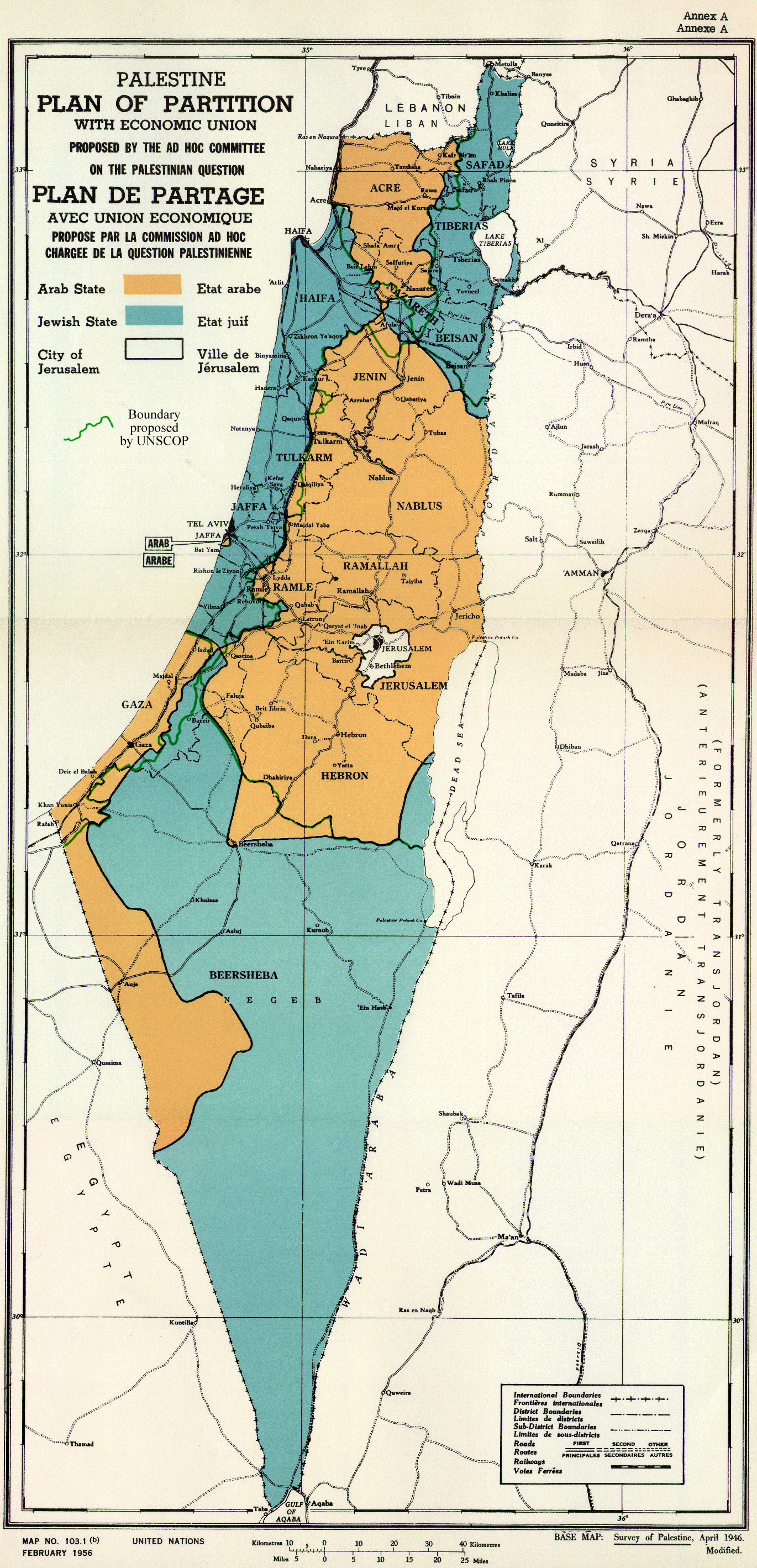- Dec 6, 2009
- 77,839
- 4,174
- 1,815
That is correct.fanger, et al,
Why did you cite Article 5?
(COMMENT)The Avalon Project The Palestine MandateART. 5.
The Mandatory shall be responsible for seeing that no Palestine territory shall be ceded or leased to, or in any way placed under the control of the Government of any foreign Power.
There was no territory ceded or leased to a foreign power.
Most Respectfully,
R
The Mandate quit Palestine without ceding or leasing any land to anyone. They left Palestine in the hands of its citizens.



